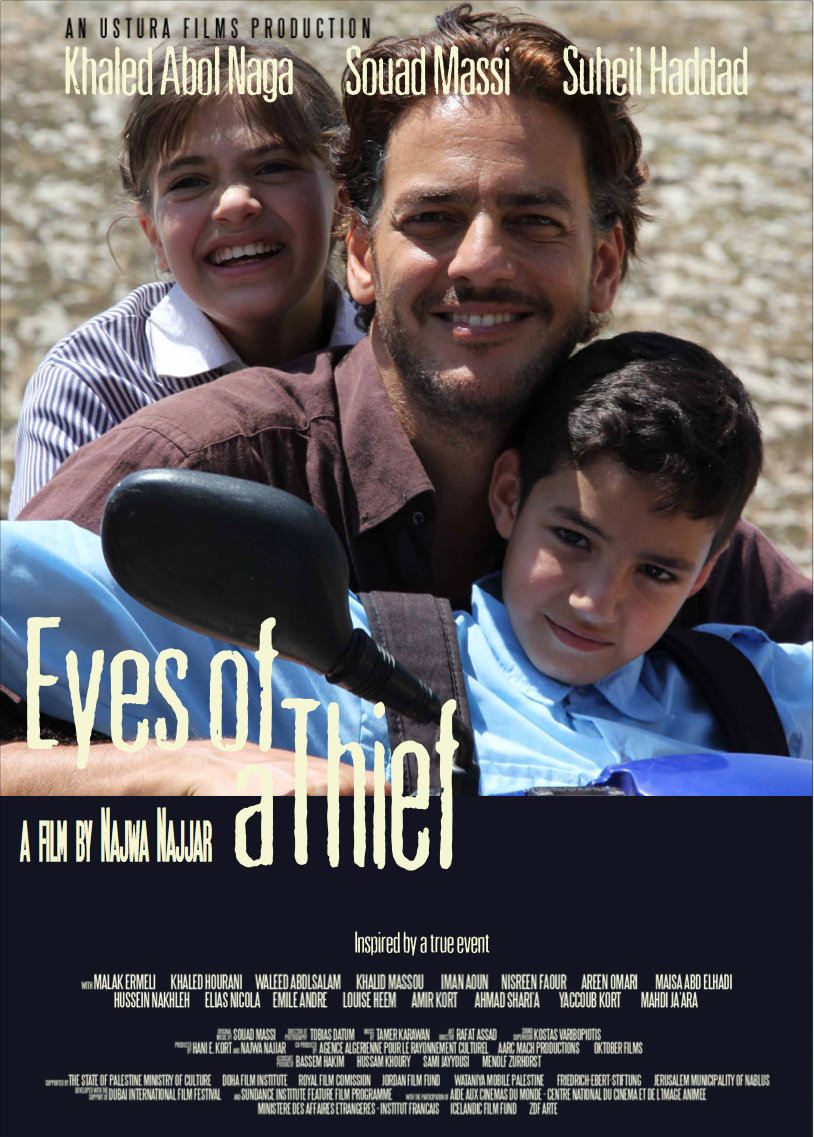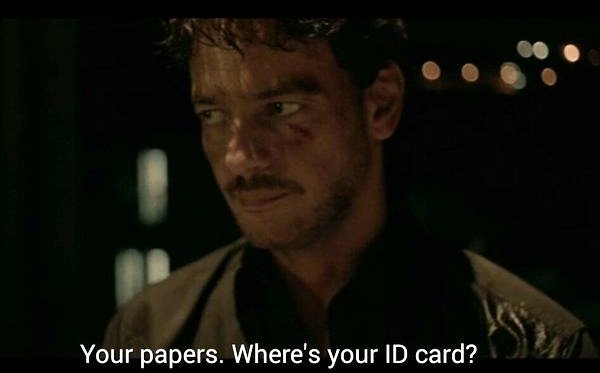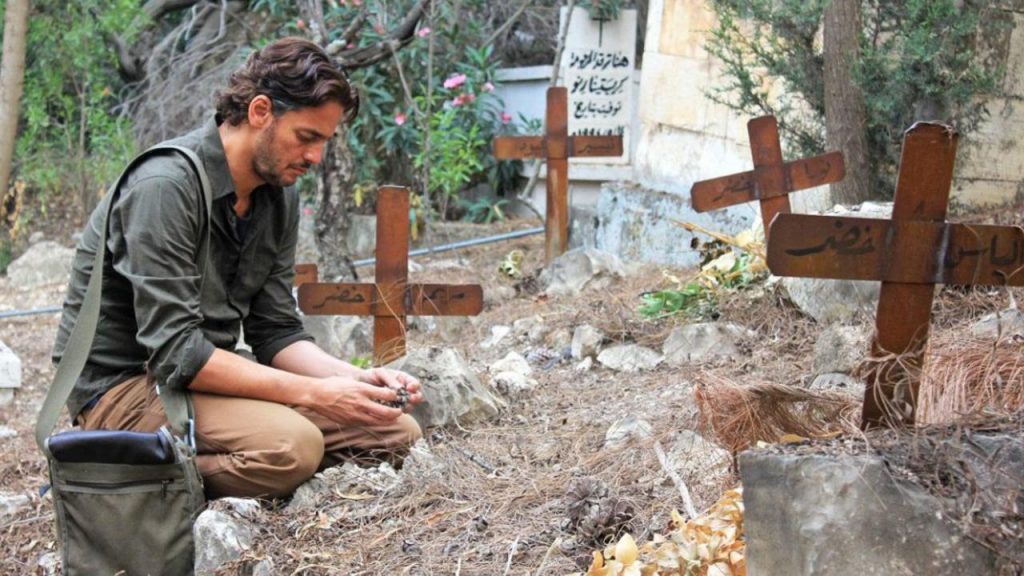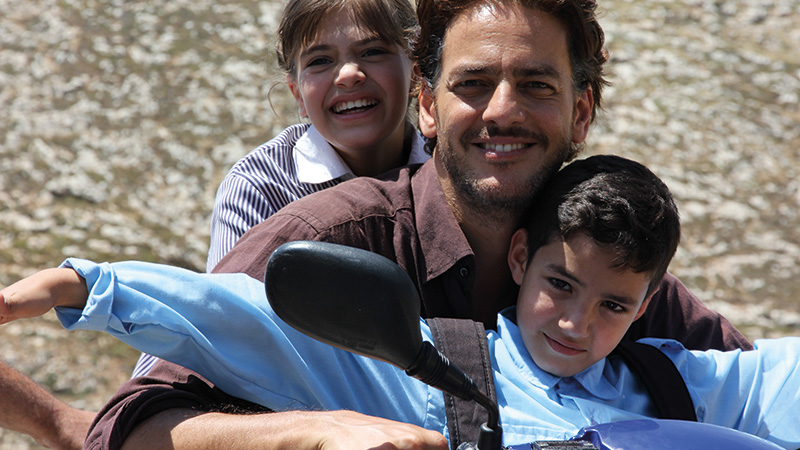November 29 is International Solidarity Day with the Palestinian people. This date had been retained by the UN because of its particular meaning for the Palestinian people. It was indeed on November 29, 1947 that the resolution on sharing had been passed, which provided for the creation in Palestine of a “Jewish State” and an “Arab State”, Jerusalem being placed under a special international regime as corpus Separatum. So far, from the two states that were to be created in application of this resolution, only that of the Zionist entity has emerged. As for the Palestinian people, they are always and still scattered between occupied Palestine and various Arab countries and refugee camps.
To mark this day, each year the rulers and civil companies of several countries organize various activities, such as the publication of messages of solidarity, the dissemination of films, the organization of meetings and round tables, exhibitions….
The purpose of these activities are to attract the attention of the international community to the fact that Palestine’s question is still not settled and that the Palestinian people remain deprived of the inalienable rights that the UN has recognized, namely the right to self -determination without external interference, the right to independence and national sovereignty and the right to return to its homes and to recover its goods.
It is during this day of November 29 (coincidence ??) that the Franco-German television channel Arte projected to broadcast, at 11:40 p.m., the Palestinian film EYES OF A THIEF (The eyes of a thief) of director Najwa Najjar (replay on Wednesday December 7, 2016 at 2:15 am, See the event on Facebook by clicking here).
Arte also made an excellent choice because leaving aside the stereotypes of the resistant or the terrorist, the attacks, the massacres and the bombs, this film gives us an overview of the life and daily suffering of the Palestinians through the story of a father who, after having been imprisoned for 10 years in the Israeli jails, returns home to discover that disappeared. He will then go looking for him.
Often we see the Palestinians only in documentaries or television news on the occasion of the various political or tragic events, but in this film which speaks a humanist and universal language, that of feelings, we see them in their daily life under Israeli occupation. Politics are there and undoubtedly influences the course of their lives, but Najwa Najjar has spoken of it only indirectly and subtly through what his compatriots live and endure, whose families are exploded, men imprisoned or killed, mothers before raising alone children plunged into violence.
Choosing to make your hero a Christian Palestinian is an interesting detail, indeed one always has the impression that the Israelo-Palestinian conflict is a problem between Jews and Muslims, but this is not the case, it is in no case a religious problem, but it is a question of a national problem, a spoliation and colonization. As such, all the Palestinians are concerned, whether Christians or Muslims. They have all been robbed of their land, all live under occupation and are all housed in the same brand.
Making a film in occupied territory is an adventure in itself. “”The shooting mainly took place in Nablus where, every evening, the Israeli army made incursions on our shooting“Says Najwa Najjar.
The director also had to face another problem: how to bring in Palestine the hero of her film, the Egyptian star Khaled Abol Naga? It was indeed very difficult to obtain a work permit to the actor. He also had to wait for this authorization in Jordan, and until the last minute, no one knew if it would be granted. Finally, it was, but only for 25 days, which is very short to shoot such a film.
Despite these difficulties and others, the film was able to be made and even had a good career. Apart from in Israel where he was criticized for having “glorified a murderer” the film the first of which took place in Ramallah, went around the world, going from festival to festival and successful success. This success explains precisely by the fact that “The director preferred to show a sensitive and complex man“, that “It is the human who prevails in this film “and that” this story which takes place in Palestine, in a very particular context, tells with great subtlety, feelings, emotions and human concerns, which can be shared by all “.
EYES OF A THIEF In particular allowed in 2014, in Najwa Najjar to win the prize for best director at Calcutta International Film Festival and to Khaled Abol Naga that of better male interpretation in Cairo International Film Festival. The film was also selected in 2015 by the Palestinian Ministry of Culture to represent Palestine at the Oscar race for the best film in a foreign language.
Go to this evening at 11:40 p.m. on Arte to accompany this father, who while hiding a secret, goes in search of his little daughter. And let us pray that soon, very soon, all the Palestinians can finally have the right to freely benefit from their country.
Trailer 1
Trailer 2
Update: This film is available on Netflix.
Neïla Driss
Read on the same subject:












